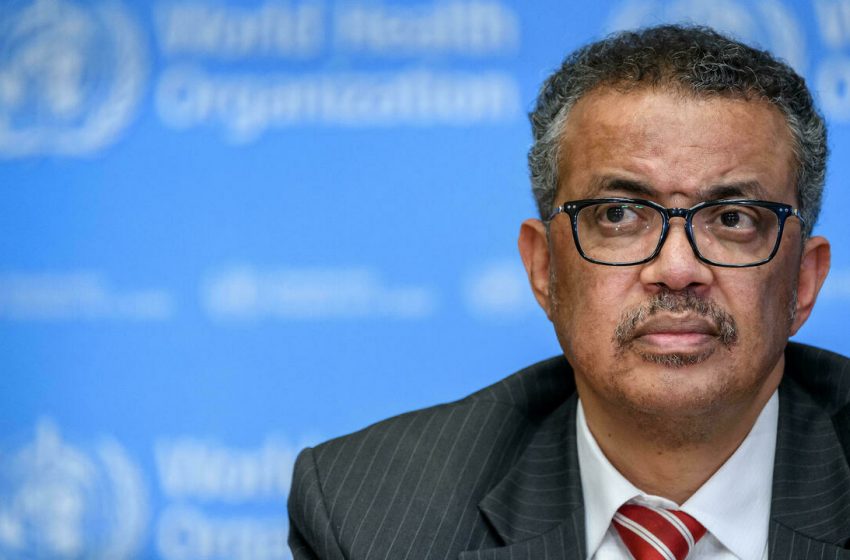
Kenya first African nation to back Tedros second term as WHO chief
Source: AFP
September 24, 2021
The 56-year-old Ethiopian was nominated by Germany on Wednesday in a move that surprised many observers, who had predicted that official support for his candidacy would come from African nations.
But his candidacy became complicated after Ethiopia allegedly withdrew its support over the conflict in his home region of Tigray.
Candidates for the UN health body’s top slot are generally nominated by their home countries.
On Friday, hours after the deadline for candidates passed, Kenya announced it would back the malaria specialist.
“Kenya supports continuity of exemplary African leadership at helm of crucial global world health organization, and will work towards that realization,” Macharia Kamau, principal secretary at the foreign ministry, said on Twitter.
The first African to head the powerful UN agency, Tedros has been on the front line since the start of the Covid-19 crisis, making him one of the most familiar faces in the fight against the pandemic.
The former health and foreign minister of Ethiopia drew the ire of the Addis Ababa government by using the WHO platform to condemn the crackdown in Tigray.
At a news conference on Wednesday, when asked by AFP to confirm he was running for a second term, Tedros declined to answer.
He appears to be the only candidate in the running, with other EU nations following Berlin’s lead in backing him, diplomatic sources told AFP Wednesday.
Each country, among them Austria, France, Portugal and Spain, submitted a sealed envelope to the Geneva-based WHO before the deadline expired at 1600 GMT on Thursday.
The organisation will not open the envelopes before October 1. Then, a few weeks later, the list of candidates will be sent to the WHO’s 194 member states, before being made public.
If multiple candidates come forward, a selection process will start in January 2022 to establish a shortlist of up to five potential directors-general.
Member states will vote for the next head of WHO — whose term begins in August next year — in a secret ballot in May during the global body’s main annual meeting of member states.
